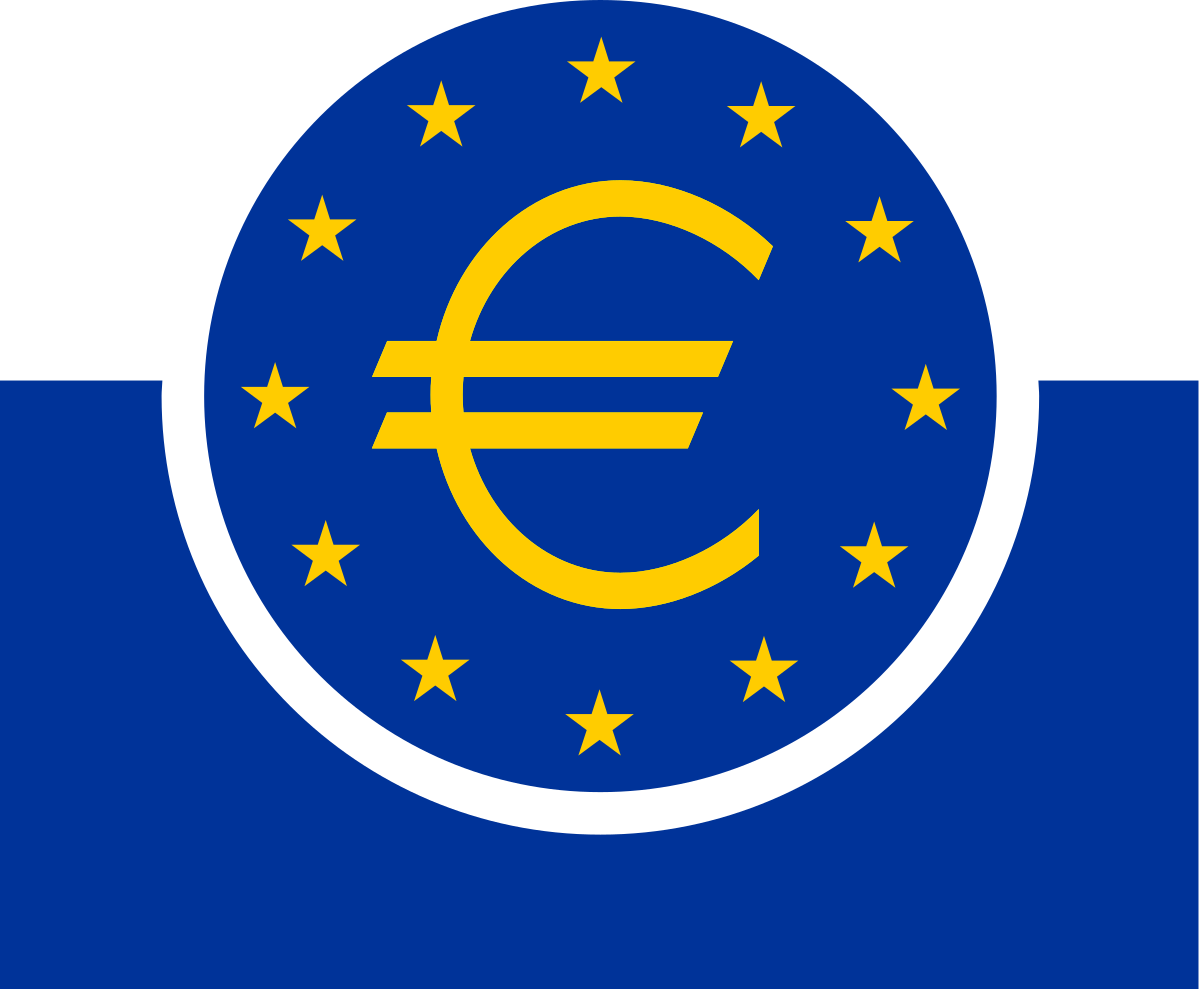The European Central Bank (ECB) is officially on a war footing against crypto after describing bitcoin as being artificially inflated and on “a road to irrelevance” in a recent blog post.
The opinion piece, titledBitcoin’s last stand, said the asset’s scale is “based purely on speculation” and large bitcoin investors who have the “strongest incentives to keep the euphoria going”.
Rather than viewing the coin’s recent plateau as the calm before a boom, ECB director general of markets infrastructure and payments Ulrich Bindsell argued it is instead “an artificially induced last gasp” and that the asset’s slide to irrelevance was “foreseeable before FTX went bust”.
Binsdell continued his tirade, stating bitcoin has limited use as a means of payment, given its “cumbersome, slow and expensive” transactions. He added distributed ledger technology and blockchain have created “limited value for society”.
He then called on regulators such as the Securities and Exchange Commission (SEC) to agree on a “comprehensive regulatory package” and financial institutions not to legitimise crypto given “the long-term damage of promoting bitcoin investments”.
“The entry of financial institutions suggests to small investors that investments in bitcoin are sound,” he wrote. “Since bitcoin appears to be neither suitable as a payment system nor as a form of investment, it should be treated as neither in regulatory terms and therefore should not be legitimised.”
This recent, pointed stance from the ECB is among the more critical issued by any large policymaker, however, it is broadly in step with the European Securities and Markets Authorities’ (ESMA) treatment on the asset class regarding its UCITS framework – that is to largely reject it.
Interestingly, though, single-country regulators in Europe tend to be less contemptuous towards the asset class. BaFin, for instance, does not consider crypto to be UCITS compliant but allows German UCITS funds to invest in crypto exchange-traded notes (ETNs) on the delta one exception on transferable securities.
Similarly, while the Financial Conduct Authority (FCA) has a ban on retail investors accessing crypto ETNs, the UK’s Economic Secretary to the Treasury, Andrew Griffith, recently said he would “like to reiterate that ambition of becoming a crypto hub”.
It seems European regulators and more established fund ecosystems – such as Ireland and Luxembourg – are taking a more ‘prudential’ approach to crypto assets, whereas other single country policymakers in Germany, the UK and even Guernsey might look to crypto as an asset class where they might be able to carve out a niche.
SFDR downgrades pick up pace
This week, DWS and BNP Paribas Asset Management became the latest to reclassify their Paris-Aligned Benchmark (PAB) and Climate Transition Benchmark (CTB) ETFs from Article 9 to Article 8 ahead of ‘level’ two of the Sustainable Finance Disclosure Regulation (SFDR) being introduced in January 2023.
DWS downgraded 10 fixed income and equity PAB climate ETFs on Friday and reiterated the concern of other asset managers, that the European Commission had not specified whether PAB ETFs would automatically meet the criteria of having “all sustainable investments”.
BNPP AM downgraded its €15bn PAB range on Thursday, meaning ETFs housing more than €50bn assets have now been reclassified to Article 8 since the start of November.
The recent shifts follow similar moves by BlackRock, UBS Asset Management, Invesco, HSBC Asset Management, Amundi and Deka.
State Street will not become the world’s largest custody bank
After more than a year and several modifications, State Street and Brown Brothers Harriman mutually agreed to terminate their purchase agreement, meaning State Street will not absorb the $5trn assets under custody (AUC) in BBH’s Investor Services arm to overtake BNY Mellon as the world’s largest custody bank.
The $3.5bn deal was ultimately written off after regulatory resistance and expected further delays meant acquisition was becoming increasingly complex, more operationally risky and less advantageous to State Street than at the time the deal was initially agreed in September last year.
In a recent earnings call, the bank noted its acquisition and restructuring costs had risen 8% between Q2 and Q3 this year “reflecting costs associated with the proposed acquisition of BBH Investor Services”.
BBH does not have plans to pursue any other deals for any part of its business for the time being.
ETF Wrap is a weekly digest of the top stories on ETF Stream
Related articles













